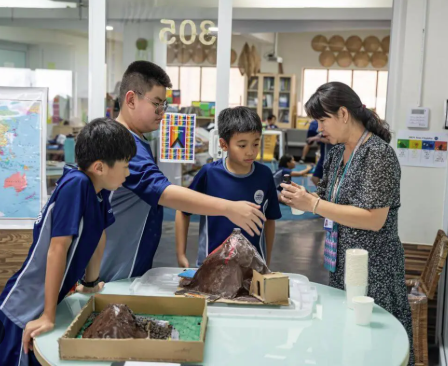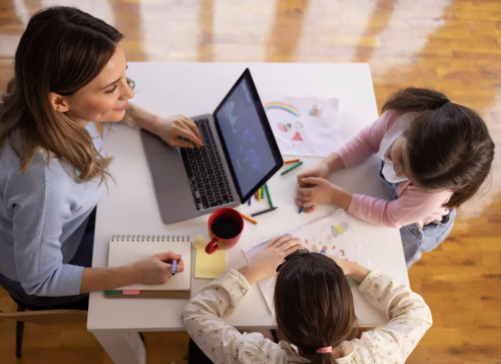Student independence is a cornerstone of lifelong learning. When learners develop the ability to manage their time, make decisions, and take responsibility for their progress, they are better equipped to thrive academically and beyond. Personalized learning supports this development by empowering students to take charge of their own learning experiences.
Encouraging Self-Directed Learning
Personalized learning places students at the center of their educational journey. By allowing them to set goals, choose learning methods, and track their own progress, students learn how to take initiative. This self-directed approach builds decision-making skills and promotes a greater sense of accountability.
Offering Flexible Pacing
In traditional classrooms, all students often move at the same pace, regardless of their readiness. Personalized learning gives students the flexibility to move faster through topics they grasp easily and spend more time on areas that require deeper understanding. This control over pace encourages learners to take responsibility for managing their time effectively.
Supporting Goal-Setting and Reflection
Through personalized learning, students are guided to set academic and personal goals. Regular reflection sessions help them evaluate their progress, recognize challenges, and adjust their strategies. This habit of self-assessment cultivates independence and critical thinking.
Promoting Ownership of Learning
When students make choices about their learning—such as selecting projects, using preferred tools, or deciding how to demonstrate understanding—they become more invested in the outcomes. Ownership increases motivation, resilience, and the confidence needed to tackle future challenges independently.
Building Skills for Independent Problem-Solving
Personalized learning encourages exploration and critical thinking. Rather than providing direct answers, educators guide students to research, experiment, and find solutions on their own. This strengthens problem-solving skills and nurtures intellectual curiosity.
Utilizing Technology for Independent Access
Digital learning platforms give students the freedom to access resources, submit work, and monitor progress at their convenience. These tools foster independent study habits and help students develop digital literacy—an essential skill for modern learners.
Strengthening Teacher Support Without Overreliance
While personalized learning increases student autonomy, it doesn’t eliminate the teacher’s role. Instead, educators shift from information-delivers to learning coaches. They provide guidance, encouragement, and timely feedback without micromanaging, helping students learn how to navigate academic challenges independently.
Preparing Students for Future Success
Independence in learning lays the groundwork for success in higher education, the workplace, and life. Personalized learning nurtures self-motivation, adaptability, and confidence—qualities that help students become proactive and capable individuals.
Conclusion
Personalized learning does more than tailor instruction—it equips students with the mindset and skills to take ownership of their education. By fostering independence, this approach helps students become lifelong learners, ready to face the demands of a rapidly changing world with confidence and capability.














